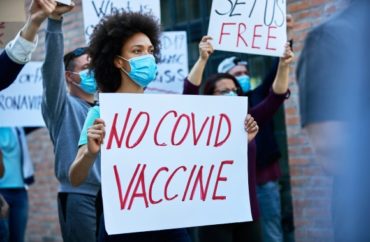
UPDATED
Here’s another school that completely misreads what the Vatican said
Let’s put Creighton University in the column of Catholic universities where I question if its leadership read the actual guidance from the Congregation for the Doctrine of the Faith at the Vatican on the morality of the COVID vaccine.
The Vatican has said that the use of the vaccine is morally permissible but that all vaccination “must be voluntary.”
The Jesuit university in Omaha, Nebraska has ordered all students to receive one of the COVID vaccines, which all have connections to aborted-fetal tissue, and has barred any religious exemption. The administration said that 95 percent of faculty and staff have been vaccinated.
The refusal to allow for exemptions has prompted one law professor at the university to send a letter to the administration that asks for an explanation of how the mandate squares with the Catholic Church.
“I see potential significant harm from persisting in a coercive policy that essentially expels students with sincere and legitimate moral objections in this matter,” Professor Ed Morse said in his June 8 letter.
“Students and parents have contacted me about their concerns, expressing both fear and
disbelief about the coercive policy being embraced,” the letter said. “Some attempted to express their concerns via social media, but their concerns were suppressed on the social media platform,” Morse said, though he said in the letter it was not clear if Creighton or the platform repressed the content.
University spokesperson Rick Davis did not respond to a request for comment on the social media suppression and potential exemptions to the policy. The College Fix emailed Davis on June 21.
University president, who is a priest, won’t acknowledge what the Vatican said
Professor Ed Morse said that university leadership, including President Daniel Hendrickson, a Catholic priest, “[has] not acknowledged that teaching” on how the vaccines must not be coerced, in a phone interview with The Fix. Morse has been assisting parents and students who have been getting the “cold shoulder,” according to the law professor, from university administrators.
He told The College Fix in a phone interview that the university’s position is “absolutely coercive.”
Morse finds untenable the university’s offer to allow for exemptions to the vaccine mandate until there is a full FDA-approval. This does nothing to change the religious opposition to the vaccine, Morse explained to The Fix.
“The bigger problem is when you reject any religious exemptions but allow a prudential exemption pending FDA approval,” Morse said in the phone interview. That decision “says you’re fine welcoming unvaccinated people to campus, just not those who have religious and conscientious beliefs and choose to act on them.”
Some students have medical concerns about the long-term effects of the vaccine, Morse said.
University exploits economic power to coerce students
Morse, whose specialty is the intersection of law and economics, said that students are “economically vulnerable,” according to the letter.
He told The Fix that some of the concerned students he has heard from include a student-athlete and a rising senior nursing student.
Morse’s letter questions how the university’s mandate squares with the ethics of using its power over students.
He said that “protections for students are less robust” than those afforded employees who have adverse reactions to the vaccine, Morse wrote. He sees this as further proof of coercion.
MORE: Catholic University of America rejects COVID vaccine mandate
“Accordingly, the university faces a low-cost choice in imposing a mandate upon students while assuming limited risks of legal liability,” Morse said.
“Although you may not have intended this result, such a decision arguably reflects a
craven self-interest, rather than attentiveness to the good of all students,” he said.
He explained further:
The university gets a significant economic benefit from coercing the student body to be vaccinated, as it reduces risks associated with lockdowns and the loss of important experiences that add value to a Creighton education. But there are potential costs imposed on those students, including individuals who may have adverse reactions or long-term health consequences from an experimental vaccine. I doubt that the university is willing to internalize those costs by agreeing to indemnify students. Instead, it seems to be exploiting legal vulnerability in order to add security to its position in the marketplace.
“It is unbecoming to an institution that professes cura personalis [care for person] to employ a coercive policy without regard for the good of each individual student,” Morse said. “Administrators who bear no risks from imposing the vaccines, but who stand to reap the rewards from coercion, are not in the right position to be making those judgments.”
MORE: Bishop rebukes Notre Dame for its vaccine mandate
Editor’s note: The article has been updated with the correct Vatican office that issued vaccine guidance.
IMAGE: Drazen Zigic/Shutterstock.com
Like The College Fix on Facebook / Follow us on Twitter


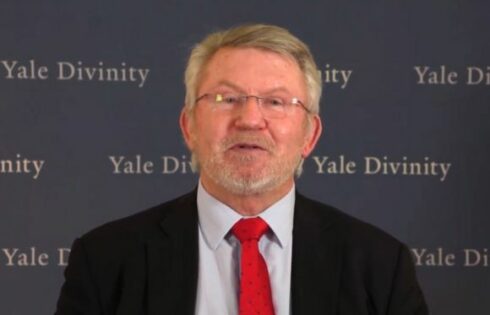
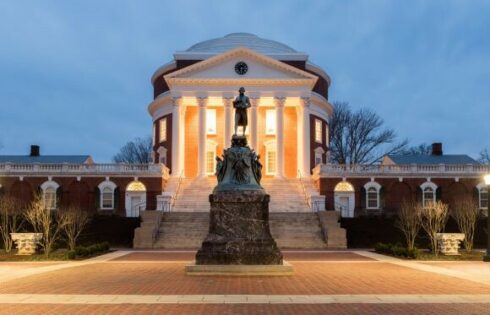
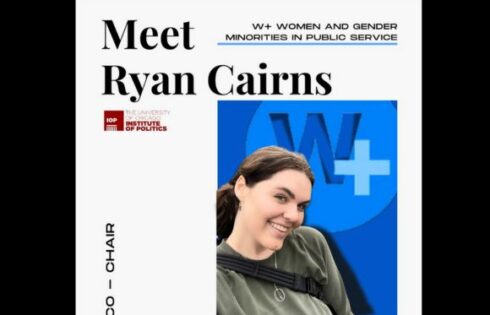
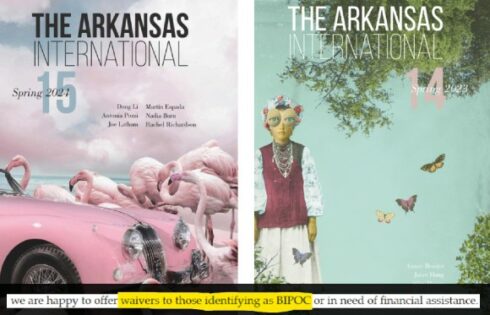

Please join the conversation about our stories on Facebook, Twitter, Instagram, Reddit, MeWe, Rumble, Gab, Minds and Gettr.